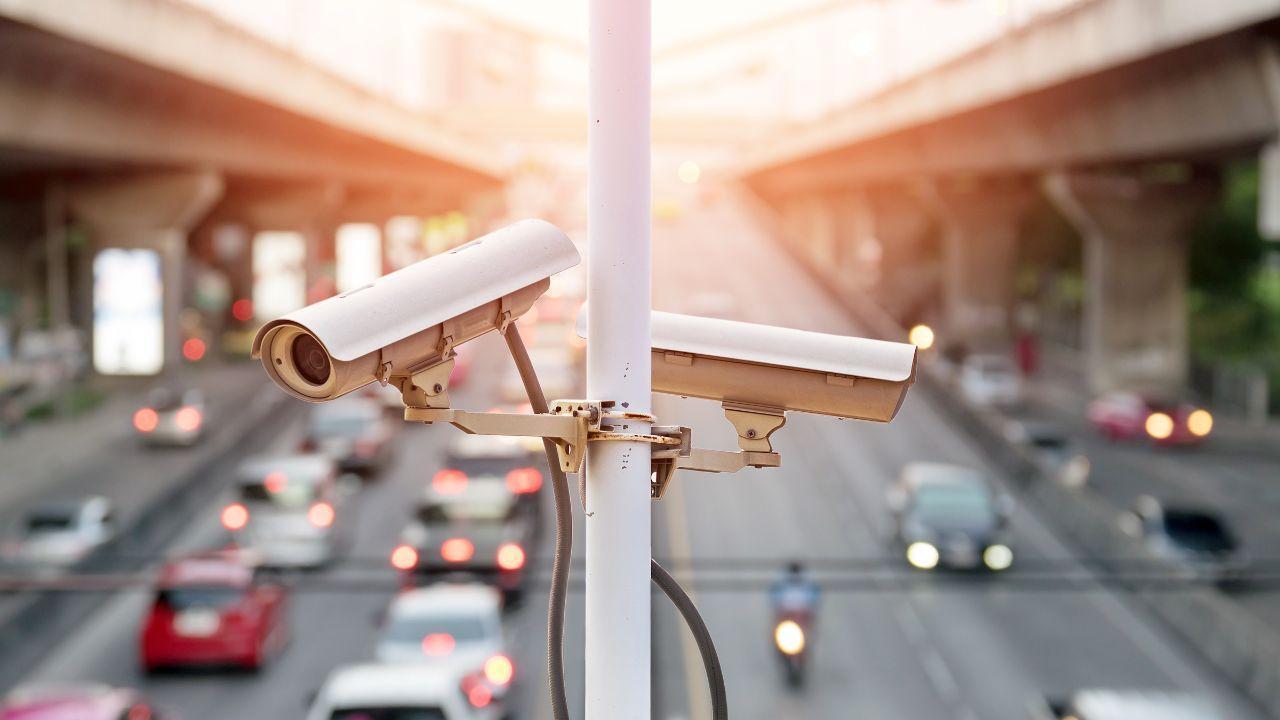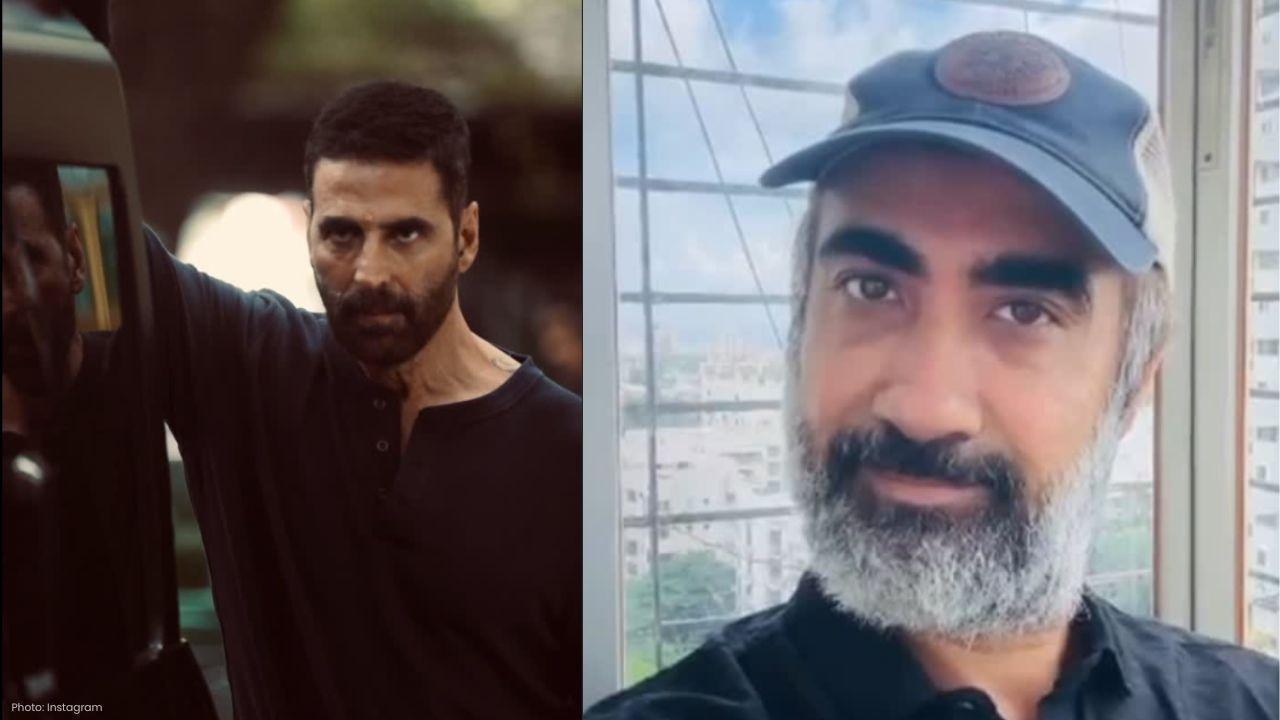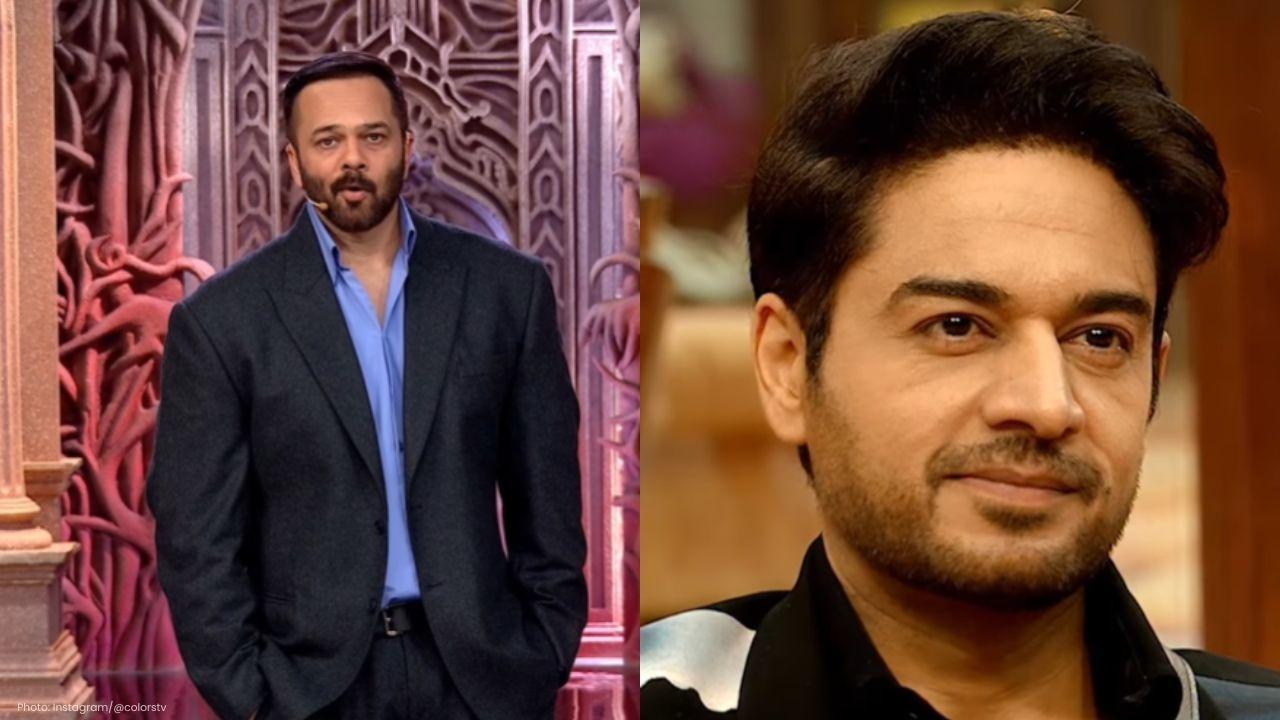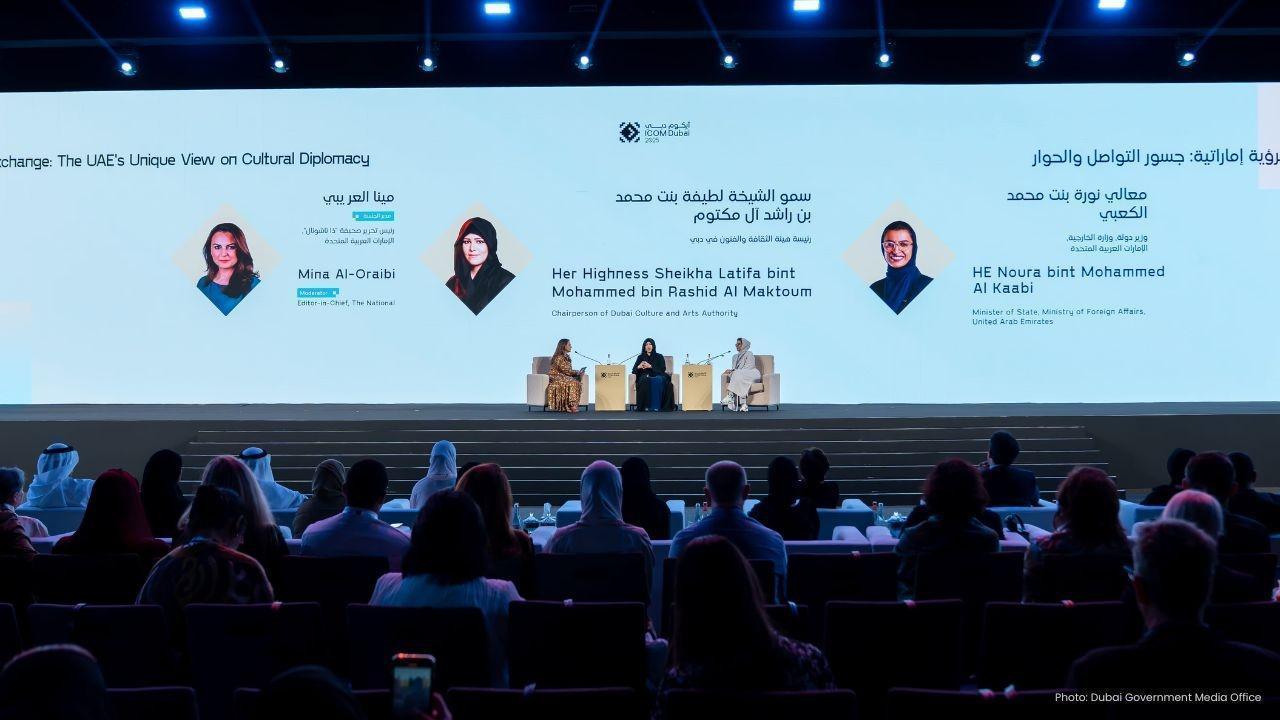
Post by : Vansh
Urban chaos is no stranger to city dwellers. Traffic congestion, inefficient public transport, pollution, overpopulation, and deteriorating infrastructure have made city living a daily struggle for millions. But there's a shift underway—a shift powered by smart cities, where technology becomes the central solution to age-old urban problems. The concept of smart cities is no longer a futuristic fantasy. It's a present-day revolution that’s reshaping how cities function and how people live, work, and commute.
The 21st century brought unprecedented growth to urban areas. According to the UN, over 56% of the global population now lives in cities, a number expected to rise to 68% by 2050. As cities expanded, infrastructure struggled to keep up. Traffic congestion became an everyday nightmare, costing both time and money. Emergency services often found themselves stuck in traffic, while poor planning led to polluted environments and inaccessible neighborhoods.
Traditional urban planning proved ineffective for handling this rapid growth. Governments needed smarter solutions—solutions that use data, connectivity, and automation to streamline city life. That’s where smart city technology entered the picture.
A smart city leverages information and communication technologies (ICT) to improve efficiency, sustainability, and quality of life. It connects sensors, devices, and platforms to monitor, analyze, and manage urban systems in real time. These systems include traffic flow, energy usage, water supply, waste management, and even crime prevention.
One of the most transformative benefits of smart cities is their ability to tackle traffic congestion—arguably the most visible form of urban chaos. Intelligent transportation systems use GPS, AI, and big data to optimize traffic signals, suggest alternate routes, and coordinate public transportation. In places like Singapore and Barcelona, this has led to noticeable improvements in commute times and fuel consumption.
Smart mobility is at the core of how cities are solving transportation issues. By integrating AI and IoT, cities can gather real-time data on traffic density, accident hotspots, and public transit usage. This data then helps planners adjust traffic signals, reroute vehicles, and even alert citizens via mobile apps.
For example, in Amsterdam, smart traffic lights adapt their signals based on the presence of cyclists and pedestrians, promoting safety and fluidity. In Los Angeles, predictive analytics help reduce traffic delays by up to 25%, according to recent city reports.
Electric and autonomous vehicles also play a role in reducing both congestion and pollution. Smart cities promote EV infrastructure by offering smart charging stations that distribute power efficiently and reduce grid load during peak hours.
A key concern in chaotic urban environments is public safety. Delayed emergency response due to blocked roads or poor communication has cost lives. Smart cities resolve this through integrated command centers where police, ambulance, and fire services operate under one real-time digital roof.
With surveillance cameras, drones, and AI-powered facial recognition, law enforcement can act proactively. Smart city sensors also detect unusual sounds like gunshots or car crashes and instantly alert nearby responders. This has reduced emergency response times by more than 30% in cities like Dubai and Seoul.
This article is published for informational purposes only by MiddleEastBulletin .While every effort has been made to ensure accuracy, readers are advised to verify developments and data with official sources.










Pageau's Overtime Goal Propels Islanders to 4-3 Victory Over Golden Knights
In a thrilling overtime finish, Jean-Gabriel Pageau leads the Islanders past the Golden Knights 4-3,

MLB Awards: deGrom and Acuna Jr. Shine as Comeback Players
Jacob deGrom and Ronald Acuna Jr. celebrated MLB Comeback Player Awards, alongside Ohtani and Judge

Portugal Confronts Ireland in Pivotal World Cup Qualifier
Portugal, led by Cristiano Ronaldo, faces Ireland in a vital Group F World Cup qualifier that could

Haaland's Brilliance Leads Norway to 4-1 Victory Against Estonia
Erling Haaland showcases leadership as Norway crushes Estonia 4-1, boosting their World Cup ambition

Hawks Triumph Over Jazz; Suns and Raptors Secure Victories
Hawks' Onyeka Okongwu and Jalen Johnson lead in a thrilling win against Jazz; Suns and Raptors also

Indian Men's Recurve Team Clinches First Asian Gold in Nearly Two Decades
The Indian men's recurve team triumphed over South Korea, securing their first Asian gold in 18 year